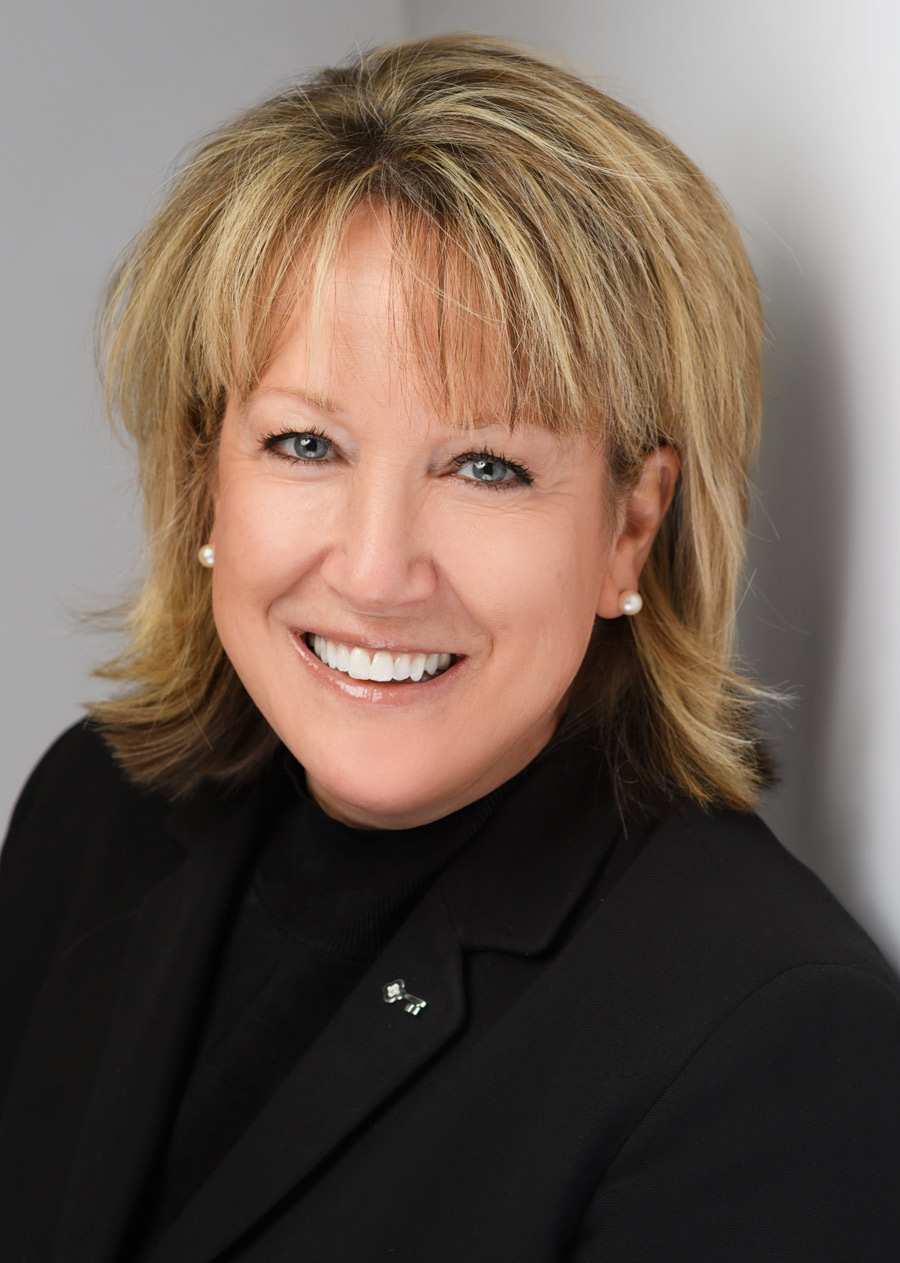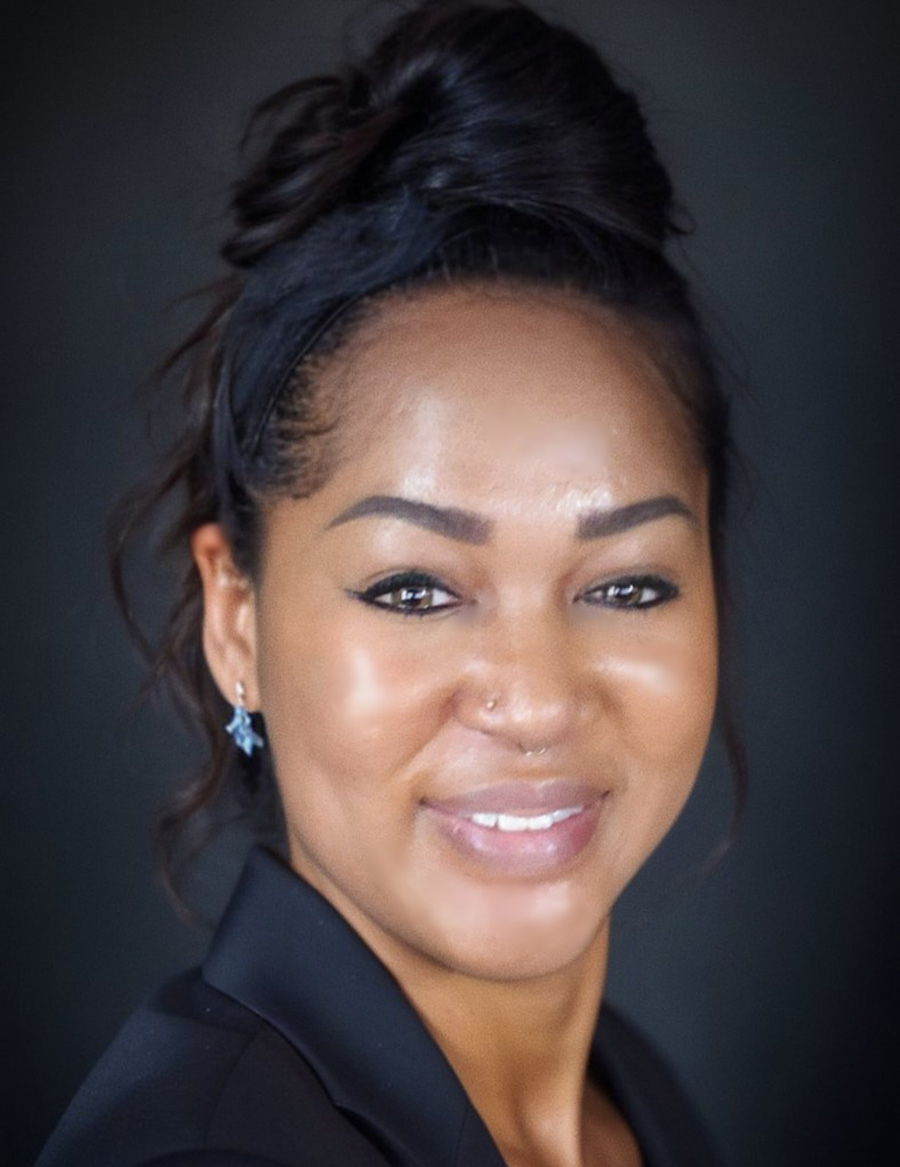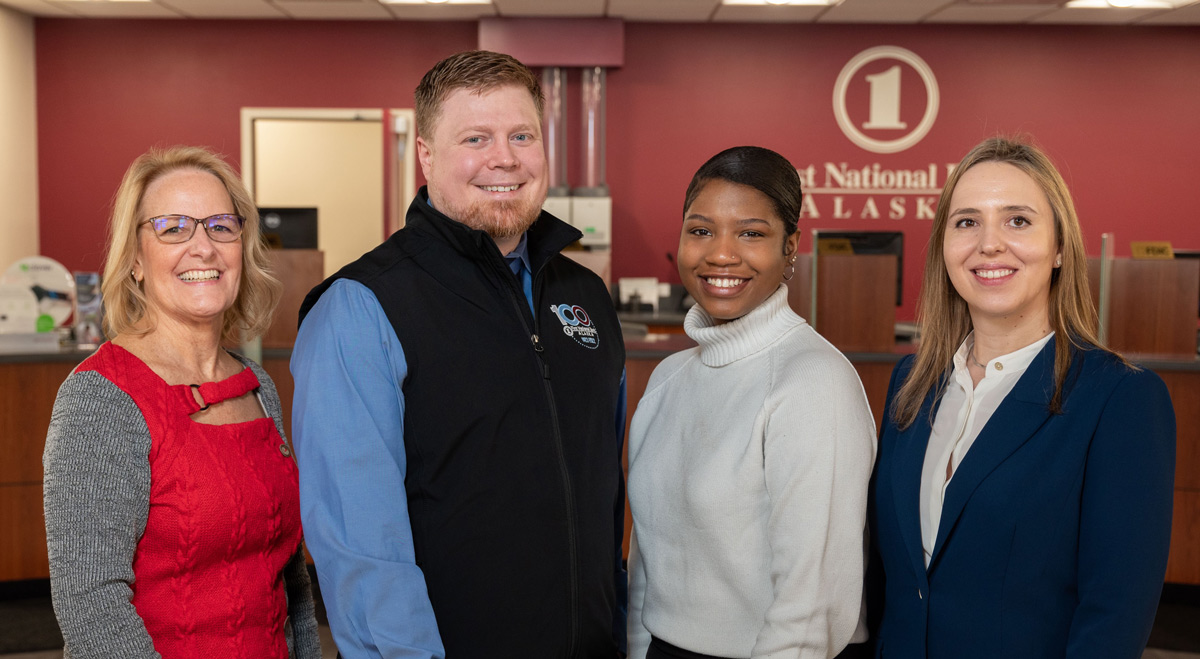
tartups, new businesses, and established enterprises require a range of financial services, but not all institutions are the same. Selecting the right one can have a significant impact on a company’s success. Therefore, a business must understand its needs. These requirements can range from deposit accounts, commercial loans, and credit lines to merchant accounts, treasury management, and investment services. However, the specific factors depend on what stage of the business lifecycle the company is in and the timing of its cash flow cycle.

Northrim Bank
Northrim Bank Commercial Lending Manager Joe Gelione explains: “Is it a startup? Is it rapidly growing? Has it matured? Or will the ownership soon be retiring and selling the company? Does the business earn its money through billings, or does it receive cash immediately upon sale of its product or service? How much cash or capital does it have to deploy before it gets paid? Is there enough cash to accomplish this? If not, which would be more appropriate, a line of credit or term loan? These are solutions that an experienced banker can easily identify and provide a business with throughout its life cycle.”
Once a company has clarified its requirements, it can proceed with evaluating institutions to determine which one aligns best with its needs. While there are clear distinctions between banks and credit unions (the latter being nonprofit cooperatives that serve member-customers), most financial institutions offer comparable products, services, and resources.
Whether weighing a bank or credit union, the business should compare products and services, expertise and support, fees and charges, locations and accessibility, and stability and reputation. For instance, some of the most fundamental financial products for businesses are deposit accounts and commercial loans. Key factors for deposit accounts are interest rates, earnings credits, minimum balance requirements, and the fee schedule. In the realm of business loans, important considerations include interest rates, terms, collateral requirements, and an institution’s experience with government or participation programs.

KeyBank
Smaller enterprises may have less financial finesse and may be intimidated by the process of vetting banking institutions. However, they must do their due diligence, says KeyBank Alaska Market President Lori McCaffrey. Can the institution satisfy the company’s need for payment (treasury) services and products? And are US Small Business Administration (SBA) financing or other loan programs available?
Not all lenders are equal when it comes to extending credit, McCaffrey says. There are cash flow and asset-based lending institutions, which cater to specific business needs and situations. “As a cash-flow lender, we [KeyBank] are looking at cash flow as the primary source for repayment on a loan,” she explains. “While some financial providers may be focused on collateral being the source of repayment, we consider collateral as a secondary source of repayment.”
In addition, McCaffrey says businesses should be aware of loan covenant structures that are often inherent in middle-market commercial lending. Financial loan covenants are designed and agreed upon to ensure the borrower remains financially sound for the duration of the loan.

Wells Fargo
As Alaska businesses seek working capital, it’s important to consider aspects beyond interest rates when evaluating financing alternatives, says Sam Mazzeo, Wells Fargo’s Alaska commercial banking leader. Amortization and loan maturity, for example, are key negotiation points during the borrowing process. “The additional flexibility and peace of mind that come with a longer maturity may be worth some pricing concession,” he says. “Similarly, borrowers should focus on the amount and timing of required amortization payments, as these required payments will reduce cash flow available to fund other uses prior to maturity.”
Yet borrowing is just part of the equation when it comes to weighing how much value a financial services partner adds to a business, Mazzeo says. “It’s important to think beyond the loan fundamentals,” Mazzeo says. “In more than twenty years of serving Alaskans, I’ve found that many businesses deserve more from their banks than can be found on a term sheet.”
Erica Skiff, treasury management sales manager at First National Bank Alaska, expresses similar views. Interest rates, fees, minimum balances, and loan terms are all important factors, she says, but the overall relationship with a financial institution is just as important when comparing options. “Determine if the bank understands your business, the local economy, and its unique challenges,” Skiff says. “Can they provide financial services and expertise to help you reach your business goals? Can you reach your banker quickly when you need help, and will your banker provide personalized support?”

First National Bank Alaska
Small businesses need every dollar to get their business off the ground and keep it running, so costs must be affordable, with low rates and flexible loan terms, says Anita Kendrick, vice president of Commercial Lending at Nuvision Federal Credit Union. “Most importantly, a business owner should fully understand how they spend their money, immediate capital needs, and growth expectations,” she says. “They should also be mindful of fees for account/product features they believe they’ll use the most. This clarity will help them compare products.”
Beyond determining if an institution can meet its needs, a business owner should also focus on other facets, such as a financial institution’s community engagement and sponsorships. “Finding organizations that invest time in supporting groups and events that the business owner is also passionate about is an additional opportunity for networking by being a volunteer,” says Derek Dykman, vice president of Small Business and Investment Services at Nuvision.

Nuvision Federal Credit Union
In addition, Steve Lundgren, president and CEO of Fairbanks-based Denali State Bank, says businesses should think broadly when shopping for a financial services provider. They should consider their entire financial needs—whether they are going to accept credit cards for payment, have employees and need a payroll product, or envision the need to borrow money for working capital. “Generally, if you can package all your financial needs into one institution, that will be easier for you than piecemealing everything out [to different institutions],” he says.
When assessing multiple financial institutions, expertise and trust are essential attributes for businesses to consider. National, regional, and community banks, along with credit unions and other financial services companies, have a diverse range of solutions, capabilities, and characteristics.

First National Bank Alaska
For instance, First National promotes itself as a “One Solution” bank that can meet its commercial customers’ financial needs through loans, deposit and treasury management services, wealth management, fraud prevention, and corporate credit card services. As the only bank in Alaska providing escrow services, First National acts as an impartial third party to safeguard documents and manage the accounting for funds paid, according to Treasury Management Manager Sean Brown.
Brown says First National has a committed team of financial experts in communities across the state. “First National’s business bankers make it a point to observe our business customers’ operations firsthand, and they deeply understand the unique challenges facing Alaska businesses from a boots-on-the-ground perspective,” he says. “By working closely with our customers year after year, decade after decade—for more than a century—we have become the local experts in meeting the unique financial needs of small, corporate, and enterprise businesses in every industry in Alaska.”
As Alaska’s largest locally owned and operated community bank, First National operates twenty-eight physical locations in nineteen communities. The bank’s strength lies in more than 600 local financial experts throughout the state, according to Skiff. “We’re not product-pushers,” she says. “We ensure customers have only the valuable services they need and can use.”
With offices across the United States and in Canada, Wells Fargo Commercial Banking delivers local coverage and specialized expertise for a variety of industries, as well as government and institutional clients and real estate investors, according to Mazzeo. Its Alaska commercial banking team provides solutions ranging from lending and treasury management to investment banking and hedging alternatives to help long-term clients and prospective clients achieve their growth goals.
“We take pride in the highly collaborative way in which we serve our clients,” Mazzeo says. “We have over twenty people on our commercial banking team that live and work in Alaska and care deeply about serving and supporting Alaska businesses.”

KeyBank

Nuvision Federal Credit Union
Northrim Bank strives to take a personalized approach to banking, tailoring its offerings to customers’ needs. Its primary focus is to build strong and beneficial relationships by taking the time and care to understand each customer’s unique goals and challenges. “We are more than just bankers,” Gelione says. “We pride ourselves on adding value to our customers’ businesses by listening intently to their needs and being problem solvers.”
Gelione says Northrim places heavy emphasis on leveraging technology and has invested significantly in its digital infrastructure. Recently, the bank enhanced its Treasury Management Services to include purchase cards and integrated payables, which save customers time and money while offering revenue sharing and the latest tools to prevent fraud.
Nuvision views itself as a financial partner in its members’ journeys, committed to personalized services and expert advice. “We ensure that every interaction with Nuvision is positive, efficient, and beneficial,” says Commercial Underwriter Joe Steger. “From our accessible member support to our knowledgeable financial advisors, we’re here to help your business navigate its financial journey with confidence.”
Wells Fargo

To address these needs, Nuvision recently launched a Small Business Program for members seeking business loans and lines of credit under $250,000. The program offers tailored and flexible solutions, competitive rates and terms, a streamlined application and approval process, and personalized support and guidance.
A key characteristic that distinguishes Denali State Bank from larger competitors based outside of Fairbanks is its flexibility to deliver localized and tailored decisions. “We have all the flexibility in the world—subject to what we are restricted from doing by our bank regulations,” Lundgren says. “We can give someone a loan for thirty days, a year, or for thirty years. We can structure the interest rate. We have a variety of payment terms and can look at different types of collateral. We don’t have a fixed loan product that we try to fit everybody into.”

Nuvision Federal Credit Union
Lundgren says having a strong relationship with a financial institution is essential, so businesses should establish that connection before they need it. For instance, if a loan applicant already has a relationship with Denali State Bank, the bank can access their account and balance history and possibly make an immediate loan decision. “Even if you don’t need something right away, it [having a relationship] can save you a lot of time and effort when you do have a need,” he says.
A solid relationship with a banker from the outset provides a foundation for ongoing support that can be critical in times of need, according to Steger. “A banker who has been with your business through its various phases, understanding its ups and downs, becomes more than a financial advisor; they become a trusted partner. Their knowledge of the business’ history and the intangible qualities of the owners and leadership team can be invaluable—especially in challenging times. For instance, when applying for a loan during a difficult period, a banker who knows your business’ track record and potential can advocate more effectively on your behalf.”

First National Bank Alaska

Given how impactful banking relationships are to success, companies should consider these connections to be just as vital as any other business partnership. “Being a trusted advisor is important to the success of all our clients,” McCaffrey says. “As a financial institution, we need to understand the client’s business; we need to have that business expertise and a skillset to navigate through good and bad times to help a business achieve their goals.”
McCaffrey recommends that business leaders meet with representatives of the institutions they are considering. This will afford them an opportunity to discuss their needs, pose questions, and gauge the institutions’ willingness to work with them. “Interview the bank,” she says. “This is a business partnership. You want to like who you’re doing business with and trust them. Trust is critical to the success of all relationships.”
To ascertain the soundness of a financial institution, businesses can examine relevant financial statements, annual reports, industry ratings, and customer reviews. They can also request referrals directly from the institution as well as recommendations from fellow business owners, industry peers, and professional networks. Hearing others’ experiences with a bank or credit union can provide valuable insights and help business owners and leaders make an informed selection decision.